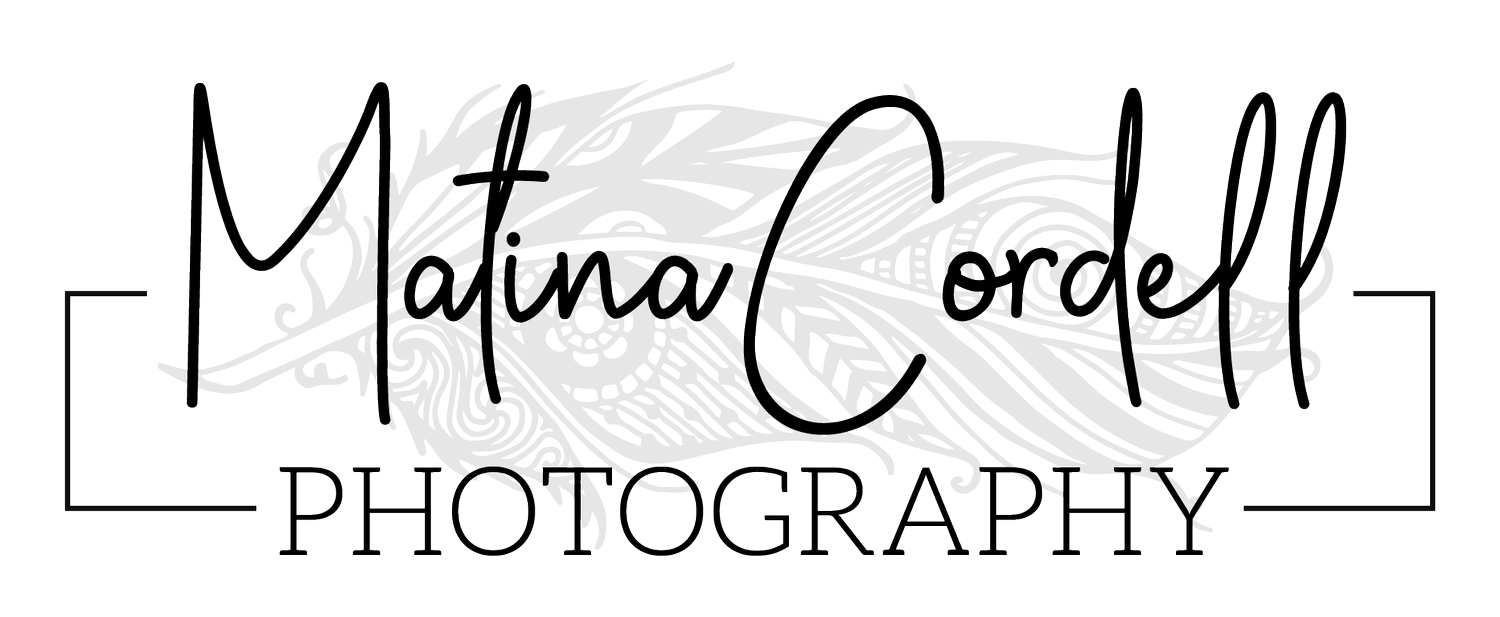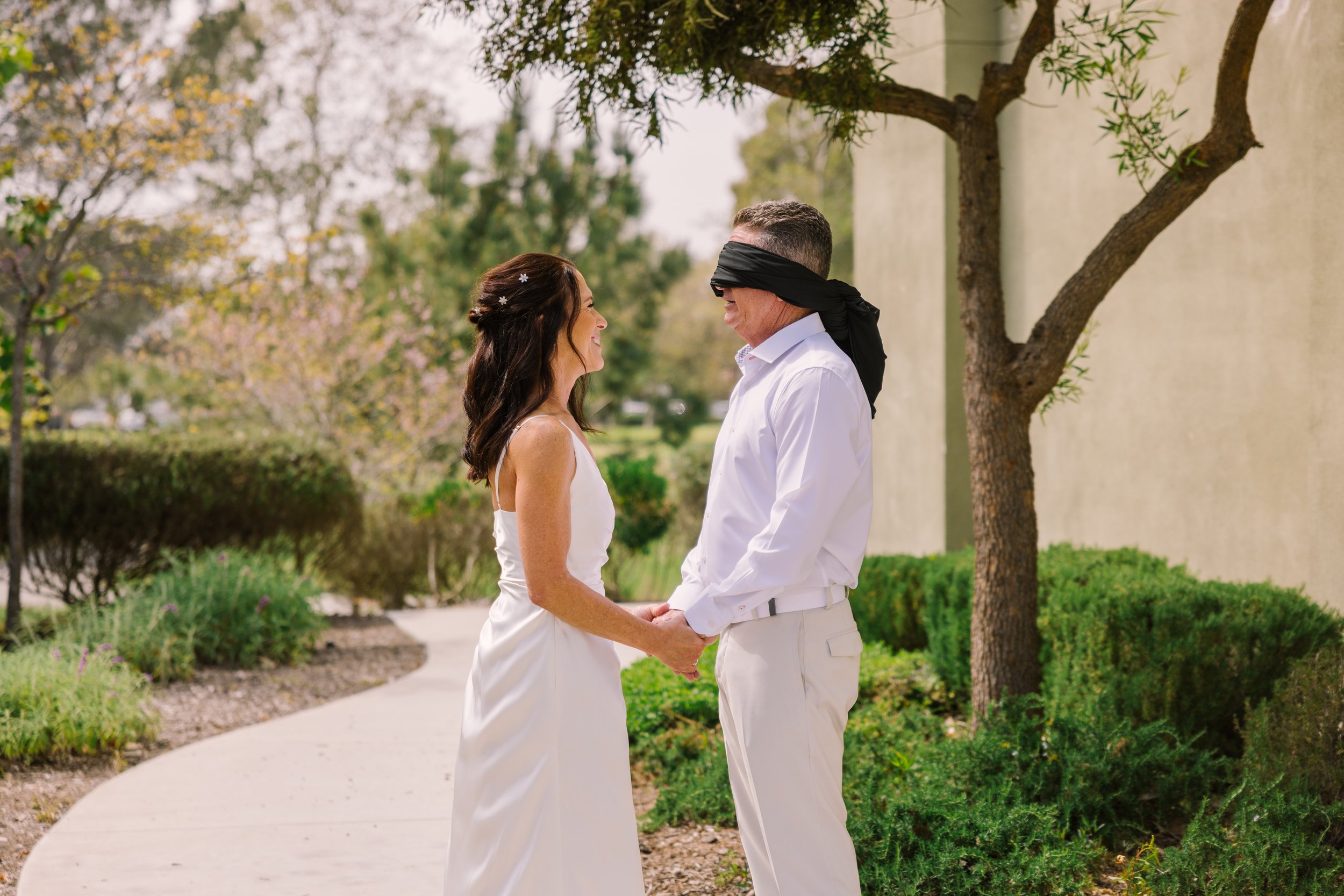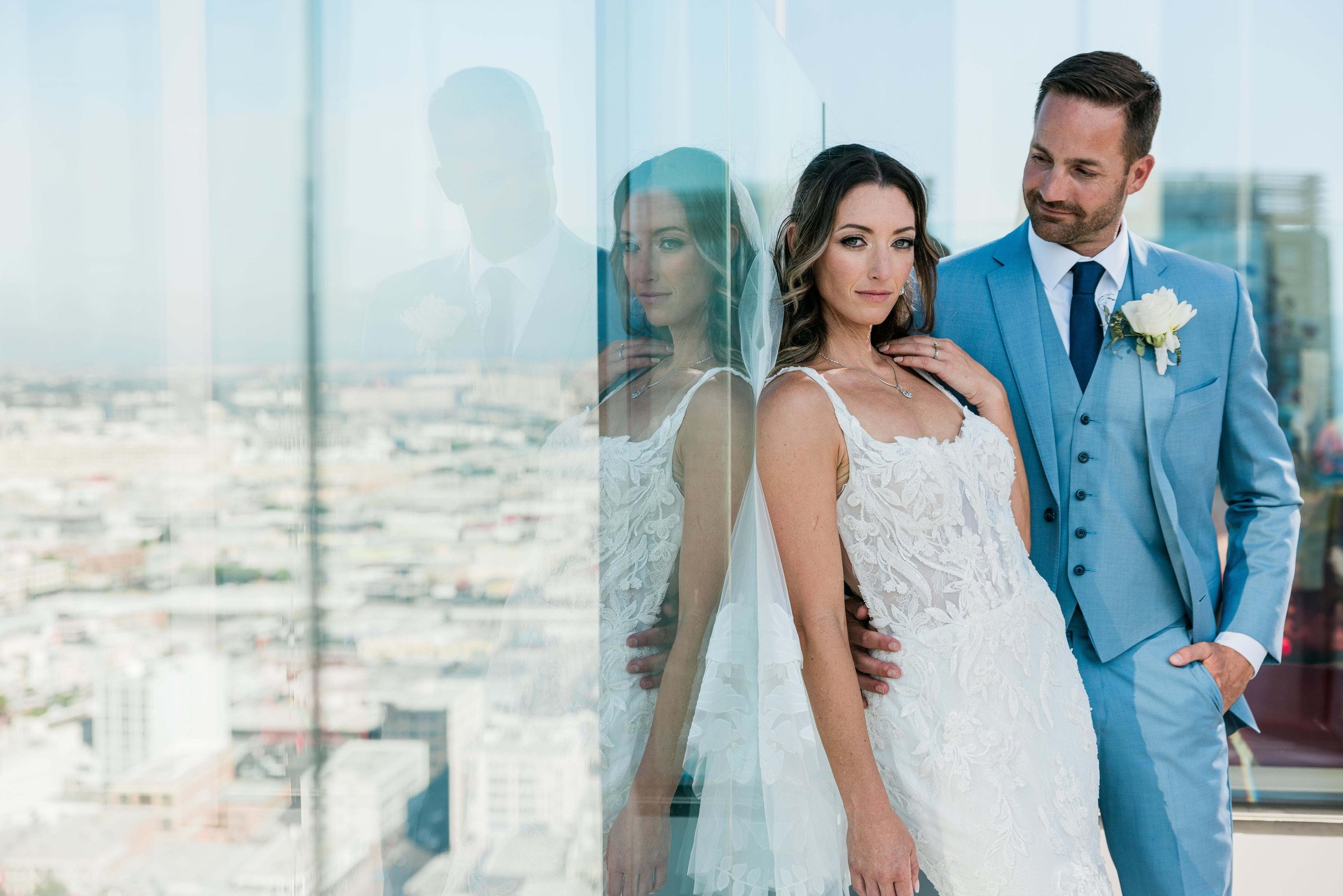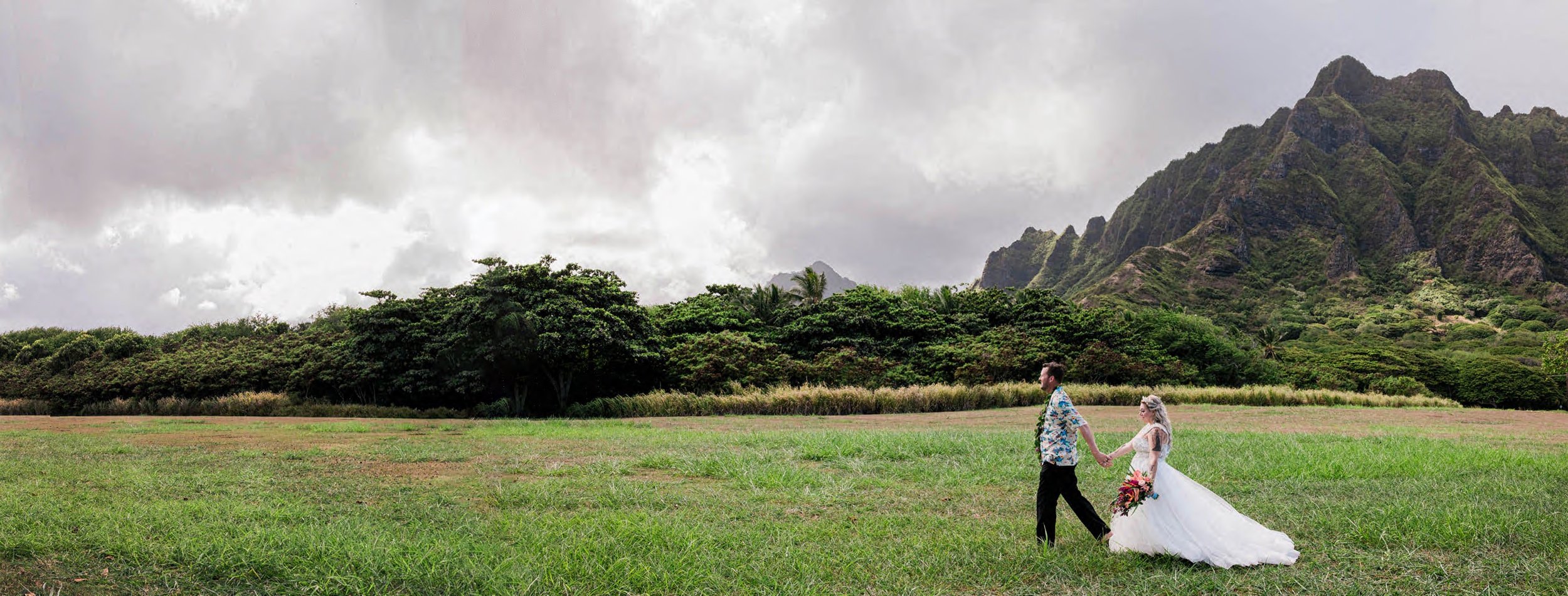How Many Hours Do I Need to Book My Photographer For?
One of the most frequently asked questions we get from couples is, “How many hours do I really need to book my wedding photographer for?” It’s such an important question because photography is one of the few things that will last beyond your wedding day. Choosing the right number of hours ensures all of the important moments are captured—without paying for time you don’t need. So let’s break it all down.
1. What Do You Want Covered?
The first thing to think about is what parts of the day are most important for you to have photographed. Do you want candid getting ready moments with your bridesmaids and those heartfelt first-look tears? Or are you more focused on the ceremony and the dance floor vibes later in the evening?
If you want the full story of your day told—from makeup brushes to the last song on the dance floor—you’ll need full-day coverage, which is usually 8 to 10 hours. On the other hand, if you're okay with skipping the early morning prep or don't need us to stay until the very last dance, you might get away with a shorter coverage package.
Ask yourself: What moments are non-negotiables? This is your starting point.
2. Ceremony Length Matters
Ceremony length plays a huge role in shaping your photography timeline. Traditional Catholic ceremonies, for instance, can last an hour or more, especially if you include a full mass. For weddings like these, we recommend at least 10 hours of coverage if you also want prep photos and reception coverage.
If you’re having a shorter ceremony—like a civil service or a non-religious outdoor ceremony—you may not need as much time. These typically last about 15–30 minutes, so you could potentially opt for 6–8 hours depending on your overall schedule.
3. Factor In Travel Time
Are your ceremony and reception at different venues? If so, don’t forget to account for travel time. Not just for your guests—but for your photographer, your bridal party, and everyone involved in formal photos.
Also consider if you’re planning to stop somewhere between venues for portraits—like a scenic overlook, beach, or downtown cityscape. That additional time adds up fast, and you’ll want to make sure your photographer is booked for enough hours to accommodate those beautiful in-between moments.
If your entire day takes place at one location, you might be able to cut down on the total number of hours you need since there's no time lost in transit.
4. Formal Photo Requirements
Formal photos can take up more time than you’d think—especially if you have a big bridal party or extended family. A small group with minimal combinations might only take 30–45 minutes. But if you have 10 bridesmaids, 10 groomsmen, and want groupings with cousins, grandparents, and everyone in between? Plan for a longer photo session.
As a rule of thumb:
Smaller bridal parties & families = 6 hours could be enough
Larger groups or multiple photo locations = 8–10 hours recommended
Also keep in mind that the more organized you are with your shot list, the smoother (and faster) this part of the day will go.
5. Planning a Special Exit?
If you’re dreaming of a sparkler send-off, confetti shower, or vintage car getaway—make sure your photographer is scheduled to stay until the very end. Special exits are such a beautiful way to close your wedding album, and they’re well worth documenting.
These typically happen after the last dance or toward the end of your reception, so full-day coverage (10+ hours) is usually required.
6. What About Shorter Weddings?
Not every wedding needs a full day of coverage. If you’re having a more low-key celebration, like a courthouse ceremony followed by lunch with close friends or an intimate backyard dinner, you can likely cover everything in just 4–5 hours.
These shorter timelines still allow time for ceremony coverage, a few portraits, some candids, and the key reception moments. Just be sure to communicate clearly with your photographer about what’s most important to you.
Final Thoughts
When it comes to booking your wedding photographer, there’s no one-size-fits-all answer. The best timeline is the one that fits your vision, your schedule, and your priorities. Start by thinking about the story you want your wedding photos to tell—then build your hours around that.
And if you’re still unsure? Ask your photographer! We love helping couples create realistic timelines and can recommend the perfect package based on your day.









